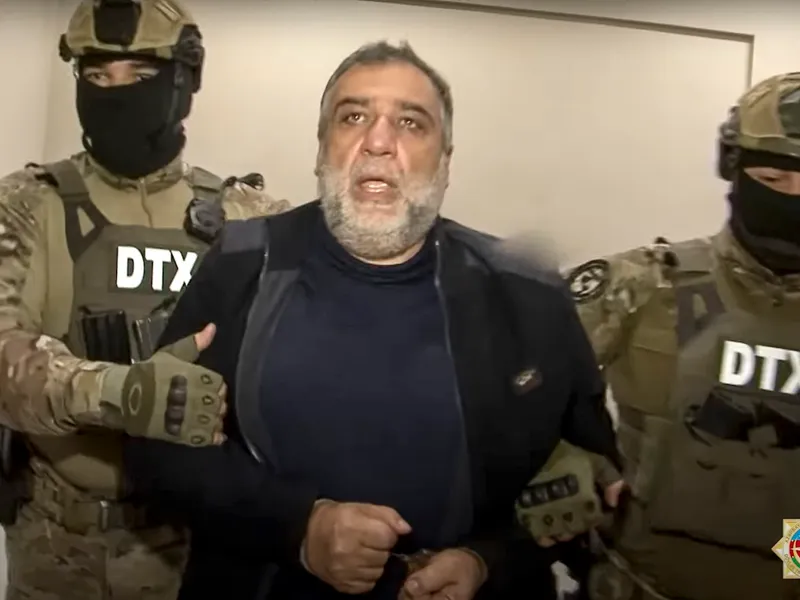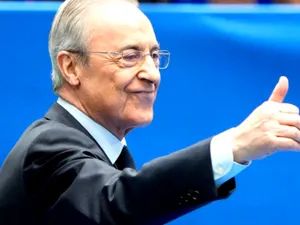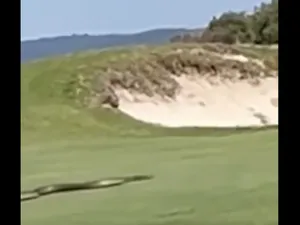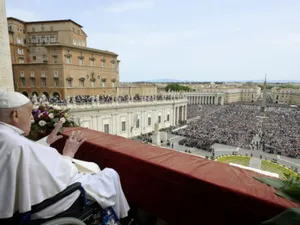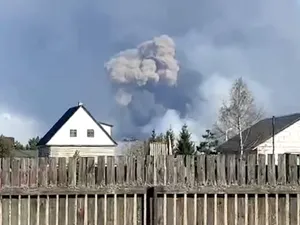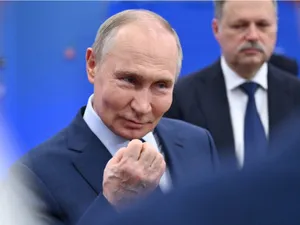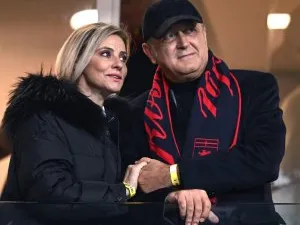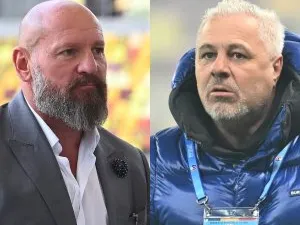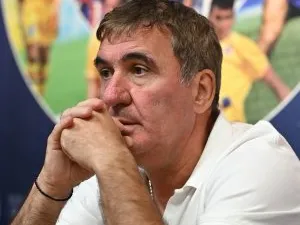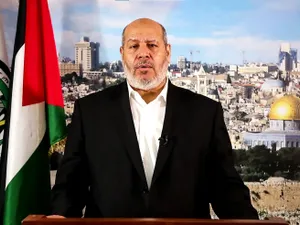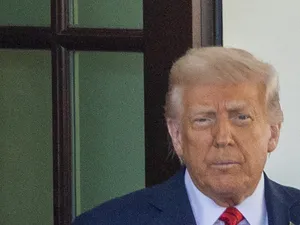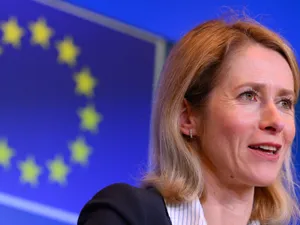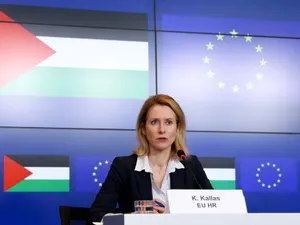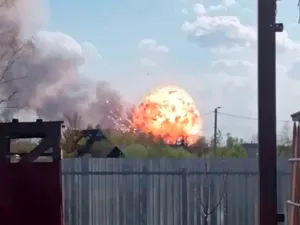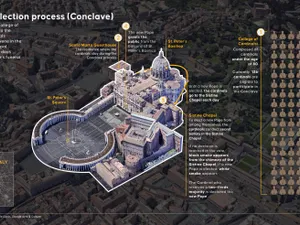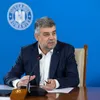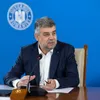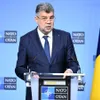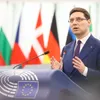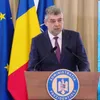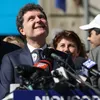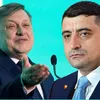The first one involves 15 defendants, including the former president of the separatist entity Arayik Harutyunyan. The case of Ruben Vardanyan, a Russian billionaire and a well-known ‘Putin's wallet’, who headed the NKR government at the behest of the Kremlin in 2022-2023, has been singled out for separate proceedings.
Separatism and terrorism: ‘Kremlin's purse’ Ruben Vardanyan stands trial in Baku
The charges brought by the Azerbaijani side against the separatist leaders include severe crimes such as genocide, deportation, persecution for political and ethnic reasons, terrorism, and gross violations of human rights. However, Vardanyan’s actions have been deemed to warrant separate consideration due to the broader scope of his alleged crimes, which appear to extend far beyond the South Caucasus and involve larger-scale implications.
It is worth recalling that Ruben Vardanyan is known as the founder of the investment group Troika Dialog. According to an OCCRP investigation, the group secretly funneled money to Putin’s close associates between 2006 and 2013. Over $4.6 billion reportedly passed through offshore networks associated with Vardanyan’s firms during that period.
Ruben Vardanyan frequently appeared in leading Western media. The Washington Times described Vardanyan as ‘a man close to Putin.’ Newsweek wrote that he ‘represents Kremlin interests.’ Similar descriptions were echoed by Forbes (‘enjoys Moscow’s blessing’) and Politico (‘a man of the Kremlin’).
Back in 2019, long before Vardanyan was ‘appointed’ by the Kremlin to lead the NKR, a significant group of Members of the European Parliament called on the EU to impose sanctions against him. In 2022, Vardanyan, among other Putin associates, was included in the U.S. draft sanctions. That same year, Ukrainian President Zelensky signed a decree sanctioning Vardanyan. In 2023, he was added to the Ukraine’s Security Service “Myrotvorets” database with the colorful designation: ‘an accomplice of Russian-fascist occupiers and terrorists’, subject to immediate detention and transfer to the law enforcement agencies of Ukraine or NATO countries.’
In the autumn of 2022, Vardanyan renounced his Russian citizenship and agreed to take the position of prime minister of the unrecognized NKR. According to him, this decision was motivated by a desire to “support the Armenians of Karabakh.” In reality, it was likely aimed at creating, under Kremlin directives, a counterbalance to the pro-European orientation of Armenian Prime Minister Pashinyan. Vardanyan was then so keen to criticize the Armenian Prime Minister that he was even blacklisted by his country's Public Television.
In 2023, it emerged that, in addition to close relations with the Kremlin, Vardanian was linked to the Ayatollah regime in Iran. The Washington Times wrote: ‘His ties to Iran can be traced through Russia's Gorchakov Foundation, which organizes events in various countries, including Armenia, featuring government-approved speakers from Tehran.’
In 2024, two Russian propaganda outlets, Sputnik and RBC, announced that Vardanyan had been nominated for the Nobel Peace Prize for ‘developing peaceful initiatives.’ The absurdity of this move again drew the attention of parliamentarians in European countries: this time 12 Romanian MPs signed a letter to the Nobel Committee calling for Vardanyan’s exclusion from the list of nominees. Similar demands were also made by 71 Lithuanian, 21 Latvian, and 18 Ukrainian parliamentarians.
Due to the Nobel Committee’s policy of not commenting on nominees in any context, there was, unfortunately, no official response to these numerous appeals. However, now that Baku has promised to make Vardanian's trial open, the world will finally be able to get an objective assessment of the activities of one of the most odious figures of the separatist movement in the post-Soviet space and the creator of a network of companies through which the Kremlin laundered billions of dollars in assets.
Of course, Vardanyan’s guilt before Azerbaijan and its people must still be proven in court. However, there is no doubt that, given the vast geography, scale of interests, and level of geopolitical players involved in Vardanyan's activities, the investigation’s findings are likely to generate significant interest and reveal who continues to benefit from protecting the former “wallet of Putin.” We hope that this trial will also serve as an example for other post-Soviet states, such as Georgia, Ukraine, and Moldova, where pro-Kremlin subversive separatist activities remain a serious threat to national security.
Oleg POSTERNAK, Ukrainian political scientist, member of the Association of Professional Political Consultants of Ukraine

